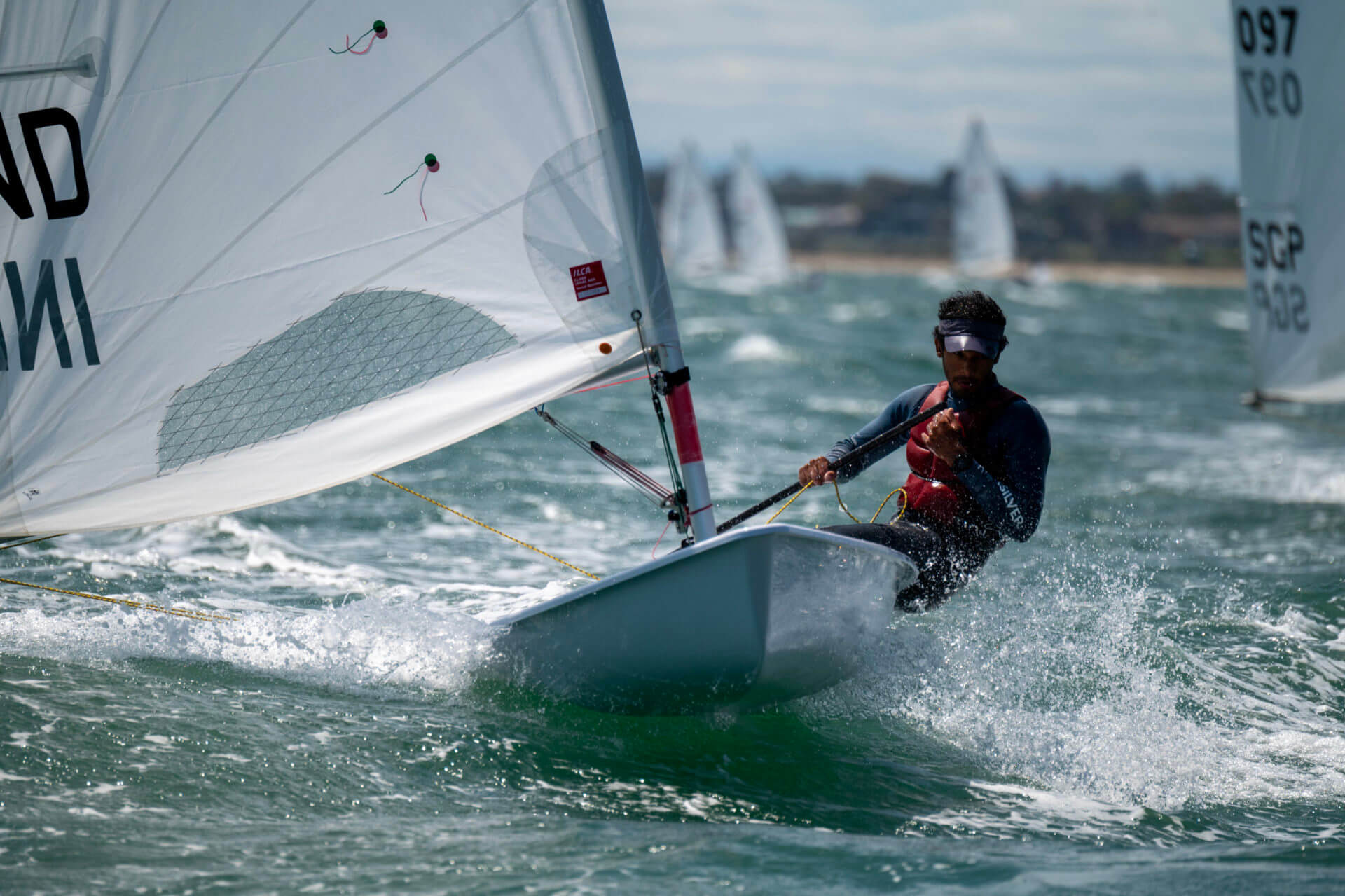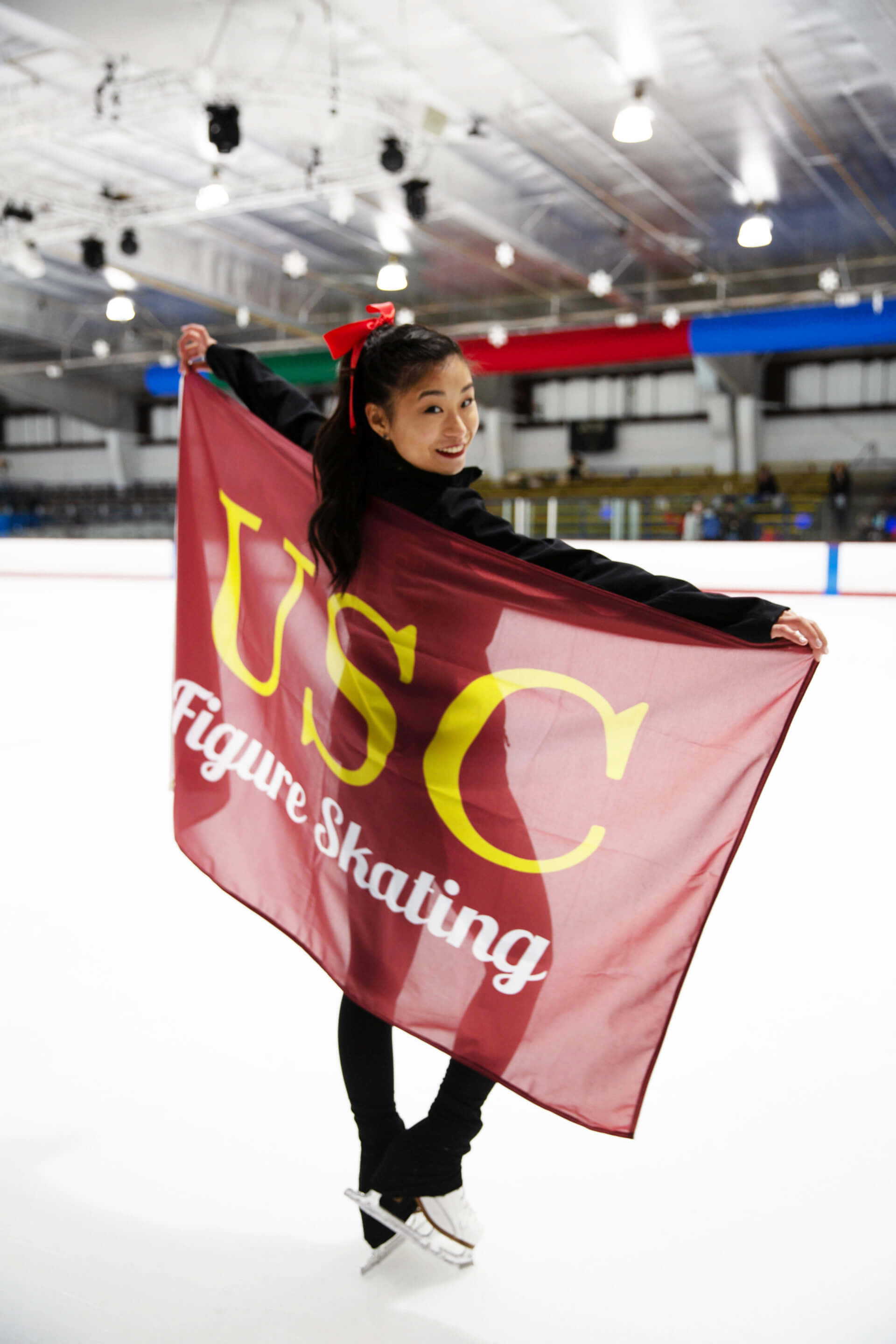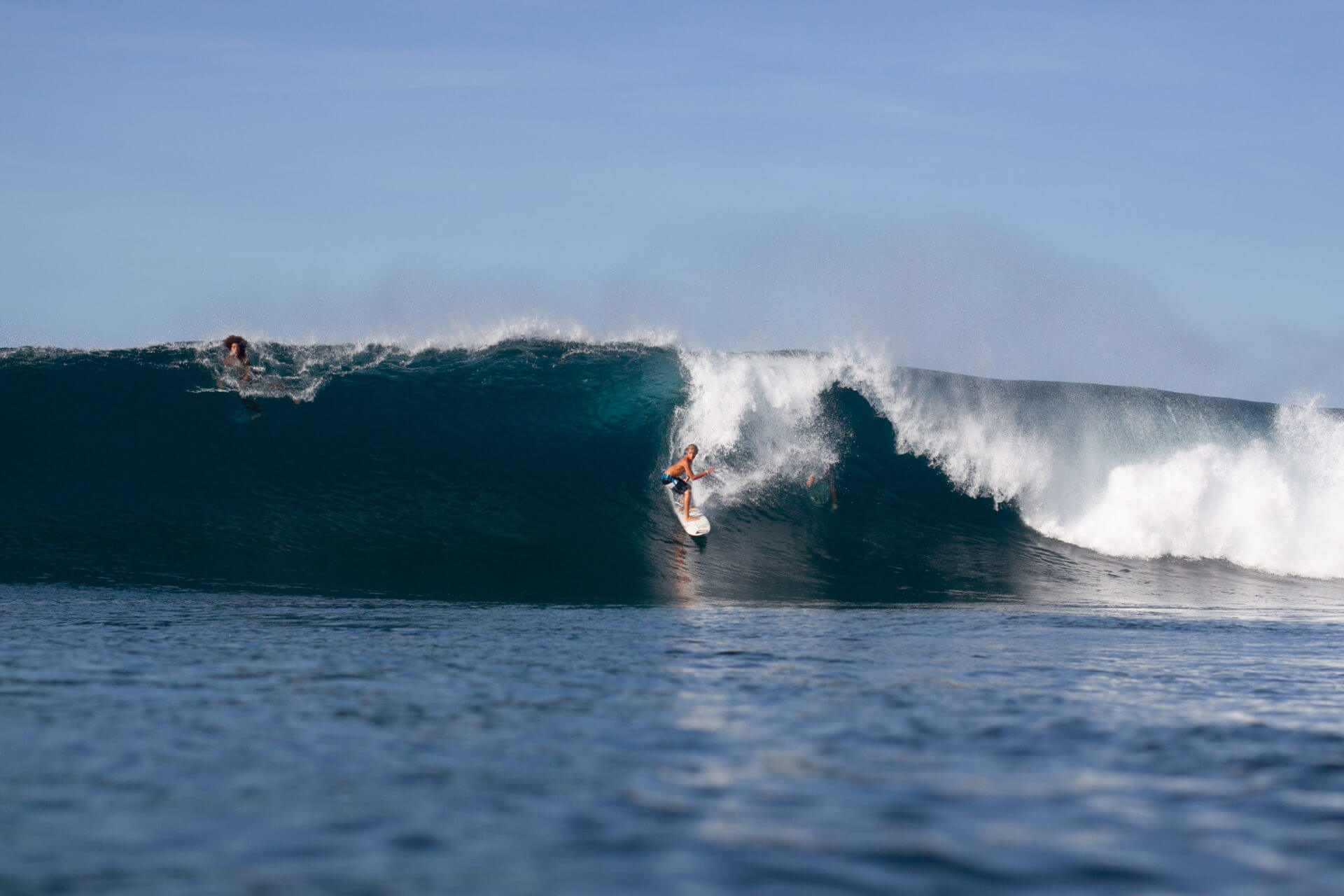The Many Lives of Engineers

Today, he’s actively campaigning to represent India in sailing at the Olympic Games.
“I was overwhelmed with curiosity from my very first sailing lesson. I was amazed at how a boat could sail against the wind, and everything about the physics of sailing seemed so counterintuitive to me. After I started competing and winning championships, my curiosity only grew. I was constantly looking for ways to make my boat faster. This led me to research different sailing books that gave me glimpses into the fluid dynamics of sailing.”
“Researching fluid dynamics in my old sailing books was what really piqued my interest in engineering. Now when I am out training, I am constantly looking for ways to optimize flows around my sails and to balance the forces acting on the boat. With new composites and software being developed, modern sailboats are really pushing the limits of imagination. The hydro-foiling boats in the America’s Cup are able to sail two times faster than the wind, at speeds upwards of 60 mph! I haven’t had much time to focus on research, as I am still actively campaigning to represent my country at the Olympics. But I am really interested in researching hydrofoils and their applications in sustainable water transportation systems.”
![]()

“Figure skating introduced me to the physical sciences long before I understood how to do calculations or what it even meant to be an engineer. Because I did not take a physics class until college, I often attribute my interest in engineering to being a competitive skater. Studying engineering allowed me to transcribe forces to formulas, but experiencing them while skating helped me understand how they work in real life. For example, when figure skaters spin, holding our arms and legs tighter to our body helps us rotate faster. Even though I started skating at 4 years old, it was not until 14 years later at USC that I learned how the speed of our spins could be explained by centrifugal force and angular velocity.”
“Beyond the quantitative connections, figure skating has taught me invaluable lessons in perseverance and adaptability that translate to engineering. Even after hundreds of falls, figure skaters are trained to stand back up and continue trying different techniques until we succeed. One of the best feelings in the world is landing a jump after sometimes spending years falling on attempts, and the same concept applies to engineering (and life). When challenges seem impossible or never-ending, we can only pick ourselves up and try again until we find success.”
![]()

“Engineering, to me, is the quest to find the most practical solution to a complex problem. Gardening encompasses this fully, from building a hydroponic bench and calculating the concentration of nitrogen needed to maximize the crop yield to determining a watering routine for each of the 30 potted plants sitting in my apartment. Each of these situations is best approached with a cute notebook, research, and trial and error. Proper gardening is performing the scientific method until you’re tired of making pesto because your basil bush is the size of an exercise ball.”
“My plants have taught me a lot of life skills — one of the most important ones is resilience. I killed a strawberry plant one summer and was heartbroken, but then I forgot about it and left it untouched in its pot through the winter. The following summer, it gave me little strawberries. Gardening makes me a better engineer because it makes me less afraid to try new things, and I strongly believe that a person will never know success until they have been acquainted with failure.”
![]()

compelled by the unpredictable strength of the ocean and especially a perfect wave.
“Surfing has been part of my life since the beginning. The battle it represents against the incomprehensible power of nature and the irresistible juggernaut that is the ocean has defined me. Over the years, surfing has taught me that the best way to go about the ocean is to forfeit control and to maneuver harmoniously with the wave’s unpredictable force. Whether it is my greatest waves or my worst hold-downs, I have found this mentality brings the best results. Any attempts to resist or define the wave have brought me the opposite. I find my experiences as an engineer to be no different.”
“As much as I enjoyed surfing competitively, my love for surfing comes from the single-player nature of it. No two waves, surfboards or surfers are the same, so I find surfing to express a person’s relationship with the ocean. Ultimately, my time in the water has taught me a lot about the world and myself.”



